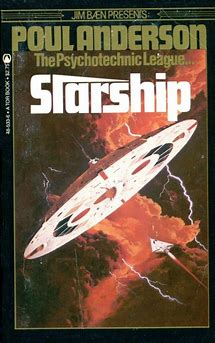VI, pp. 47-48 interestingly analyse post-World War III society. One sentence reads:
"Modern technology had no use for the pick-and-shovel laborer or for the routine intellectual; so you were faced with a huge class of people not fit for anything else, and what were you going to do about it?" (p. 47)
Who are "you"? Sometimes the pronoun used is "we." "What should we do with the unemployed? "We" means different things in different contexts. In "How can we compete with the Japanese?," "we" means this country considered as a competitive economic unit. In "Are we inherently evil?," "we" means the whole human race. In "What should we do with the unemployed?," "we" means a minority of social administrators - or maybe the electorate choosing between contesting political parties proposing alternative policies about unemployment. If "we" means the whole of society, then it includes the unemployed who surely are able to articulate what they want to do.
There was an earlier reference to a free-marriage group. Now we realize that that was not just an esoteric futuristic allusion. Poul Anderson has thought through the implications of technology and of his post-World War III society. The family no longer has an economic or social basis. Different social patterns are emerging. We recognize the origins of the individualism of the later Solar Union period.

2 comments:
Kaor, Paul!
Not so fast! First, the Psychotechnic world succeeding Anderson's alternate WW III would have to struggle thru periods of instability and upheavals of the kind seen in stories like "Quixote and the Windmill" and incidents such as the Humanist Revolt.
Happy New Year! Sean
"We" in the collective sense usually means "we, the group, acting together" or an effort to convince people that that should take place. Basically, "we, the tribe".
Post a Comment